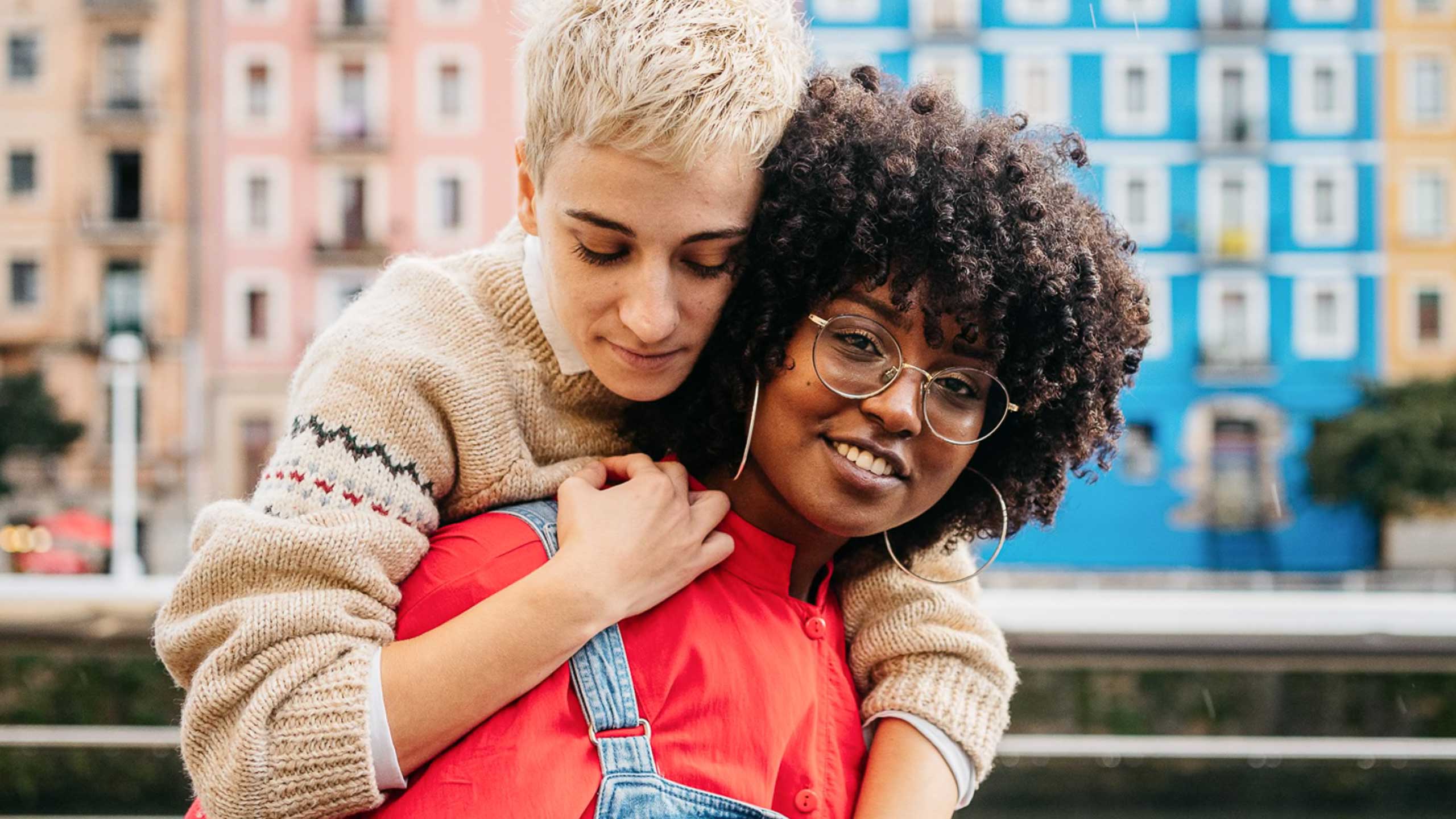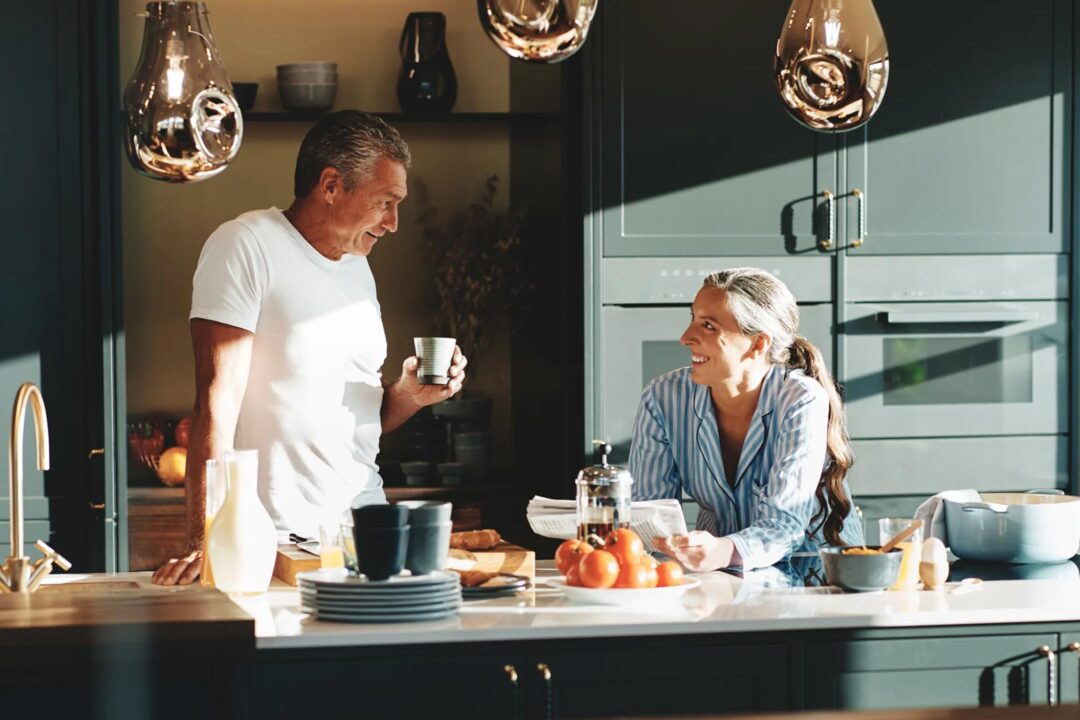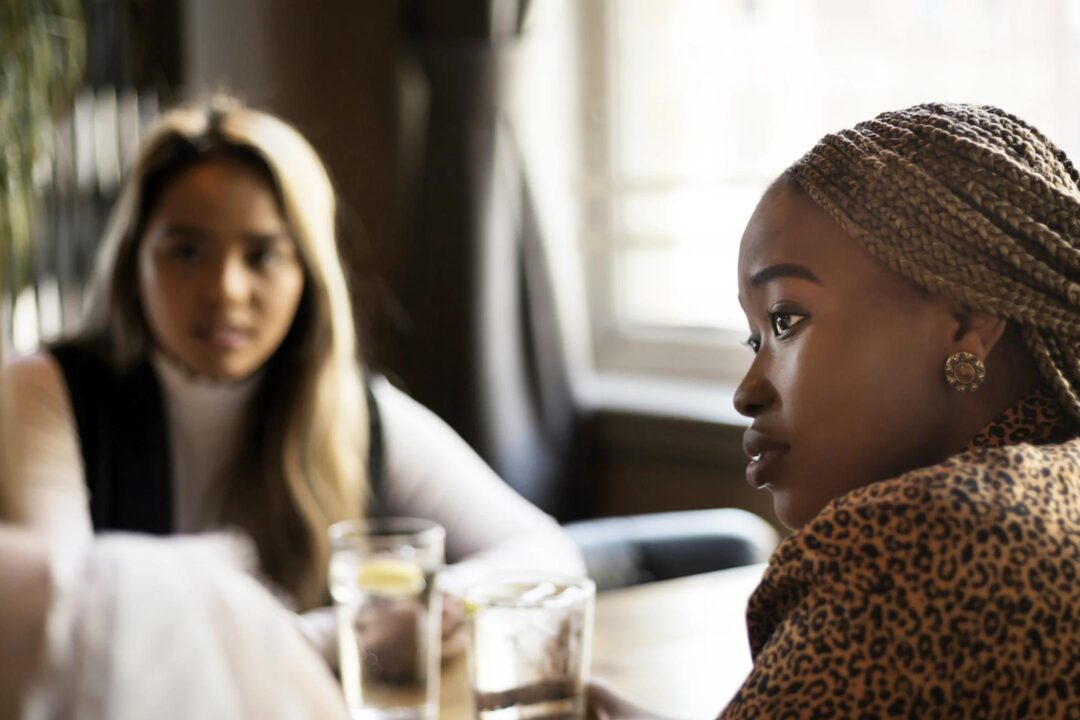Originally published @ MindBodyGreen
By Gigi Engle
There is a weird and damaging trend of people playing the game of “Who Can Seem Like They Care the Least?” when dating. It’s a power thing. If you don’t care as much about the other person, you have the upper hand. You can’t get hurt because “LOL, who cares?”
The only problem? No one finds true and lasting happiness while trying to be the “chill person.” In a social-media-saturated world, so full to the brim of dating apps, we are trying to not get attached when we’re on the apps to find attachment in the first place.
I’ve had an avoidant attachment style for as long as I can remember. I would halfheartedly date people, never giving them all of me. I would put off commitment for as long as humanly possible to avoid getting “in over my head.” The idea of feelings scared me so badly, I would get the sweats.
The hard truth of it: I only started having healthy relationships once I became vulnerable with partners. Learning to open up was difficult. I was in a long-term relationship that ended with devastating heartbreak. I could have closed down again, but I chose instead to remain open, to be ready for the next big love.
Six months later, I met my husband.
Here is the secret. Are you ready for it?
Vulnerability is actually the biggest upper hand there is in relationships, dating, and even casual situations.
Emotionally healthy people see the benefits of being vulnerable in relationships, and while this may be scary, it ultimately gives you a much stronger chance at finding love.
Why are we so scared of feelings?
We’re terrified of giving up our power when dating. We want to protect ourselves from getting hurt. When you “care less,” you create a shield around your heart that makes it impossible for someone to break it.
We have come to collectively believe that vulnerability is the same as weakness. If we show too much of ourselves, we’ll reveal that we aren’t “perfect.” We think that if we are anything less than IG perfect, we’ll be passed over. Holly Richmond, CST, LMFT, a certified sex therapist and clinical sexologist, says that this won’t lead to meaningful connection. “The problem is that our ‘best’ self is only a piece of the bigger picture, just like our vulnerable self, so in essence, in both scenarios we are not showing up authentically,” she tells mbg.
Maybe that’s why this generation is struggling to connect, with data showing people are dealing with more loneliness all while having less sex. We’re wrapped up in our phones, trying to be chill, and swiping as fast as we can to avoid human feelings.
Strong relationships only happen when you own your vulnerability.
We need a radical shift in our thinking. Being vulnerable is one of the strongest things a person can be. If you’re vulnerable, you’re emotionally mature. That, my friends, is a selling point in relationships.
Really great, mature, adult relationships are ones built by emotionally healthy people who are willing to invest in themselves and their partners. “Vulnerability is powerful because it not only opens up the possibility of being rejected for your true self but also for being deeply understood and loved for your true self,” explains Felice Gersh, M.D., a board-certified OB/GYN and author of PCOS SOS: A Gynecologist’s Lifeline To Naturally Restore Your Rhythms, Hormones, and Happiness.
You can’t have real relationships and meaningful connections without vulnerability. You can’t be close to someone, share yourself, and be present to take in their real selves without prioritizing vulnerability in your life.
Even if you’re in a casual dating situation, you can still be vulnerable in a less raw, open way. If you’re not looking for a deep, meaningful connection, you can still be open and authentic. You don’t need to pour your heart out, but who wants to spend time with someone who is a closed book and unwilling to share anything about themselves? That kind of thinking isolates us and makes it impossible to have quality interactions, whether they be friendly, romantic, or casual hookups.
How to practice vulnerability.
Like all things in life, being open and vulnerable takes practice:
- Body language: Richmond suggests starting with body language. The way you present yourself physically says a lot about your emotional and mental state. “So much communication starts with somatic cues, so sitting with your arms and legs uncrossed and maintaining eye contact can go a long way,” she says. “Empathy is often communicated through eye contact, and by maintaining it, you are letting your date know that not only are you listening and focused on them but also that you want to understand their experience.”
- Start with prioritizing your truth: Clinical sexologist and intimacy coach Lucy Rowett tells mbg that since vulnerability can be scary, it’s advisable to start small and work your way up. “You don’t have to have a massive heart-to-heart and tell them all of your pain and story just yet. Ask for what you really want when you go out; say how you really feel about something; ask for what you really need,” she says. Try answering every question with a completely true answer. If your date wants to get coffee but you don’t like coffee, don’t agree to have coffee. If you want to take a walk around the park, say you want to take a walk around the park. The building blocks of vulnerability start with honesty.
- Ask deeper questions: Lastly, think about the conversation you’re having. Ask questions, show interest, and be willing to share. “Try asking open-ended questions and then just listen to what the other person says,” Gersh says. “After that person says what he or she feels about the topic, then say what you really think and share a personal story from your life.”
You do need to remember a date is not your therapist, Rowett adds. “Try to avoid setting up a dynamic where you’re relying on them for emotional support when you really need a professional instead,” she says. It’s about being willing to create trust with someone over time. You shouldn’t get into a discussion about your parents’ divorce on a first date, but you should be willing to be yourself without a guard up. “Someone who has high emotional intelligence and sensitivity to the right time, place, and person to be vulnerable with will experience a deeper sense of connection more quickly and easily,” Richmond says.
At the end of the day, it’s about allowing yourself to take an emotional leap of faith and risk getting hurt in the name of finding real love. If we can be in touch with ourselves, grow to be our best selves, and know that we’re resilient enough to take a hit even when it doesn’t work out, we become unstoppable.





